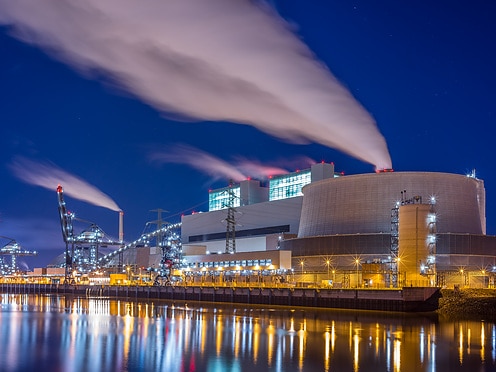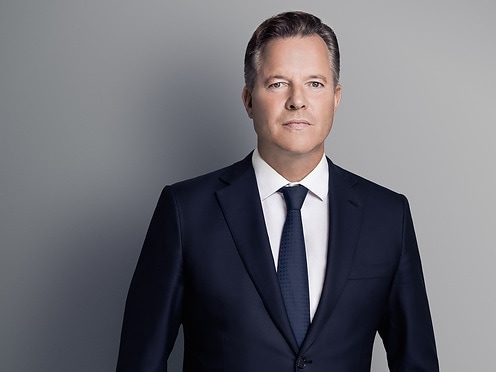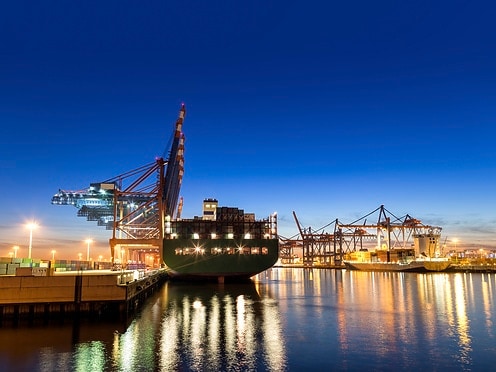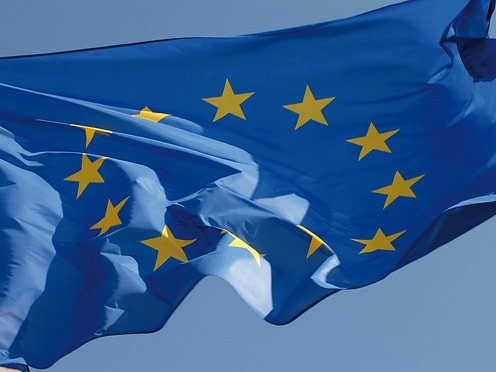Europe needs a geostrategy: Yes to diversification! – No to decoupling!
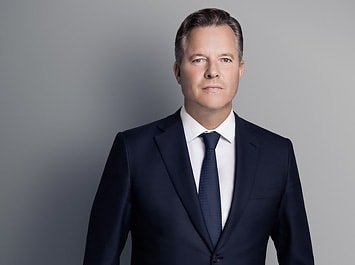
Oliver Hermes is President & CEO of the Wilo Group, Chairman of the Board of Trustees of the Wilo-Foundation, member of the Board of Trustees of the Family Business Foundation and member of the Executive Committee of the Near and Middle East Association (NUMOV). He is an essayist with articles published in independent media. The opinions expressed are those of the author only.
Essay by Oliver Hermes
All of us – companies with their employees as well as civil society with its citizens – are at a “turning point”, which is also referred to as a geopolitical or historical turning point.
A turning point marked by Russia’s invasion of Ukraine on 24 February 2022.
As a direct consequence of this geopolitical turning point, we are also experiencing a “geo-economic turning point”. At present, the energy transition is being rowed back, inflation is back with high rates of increase, interest rates are rising and real estate bubbles are bursting.
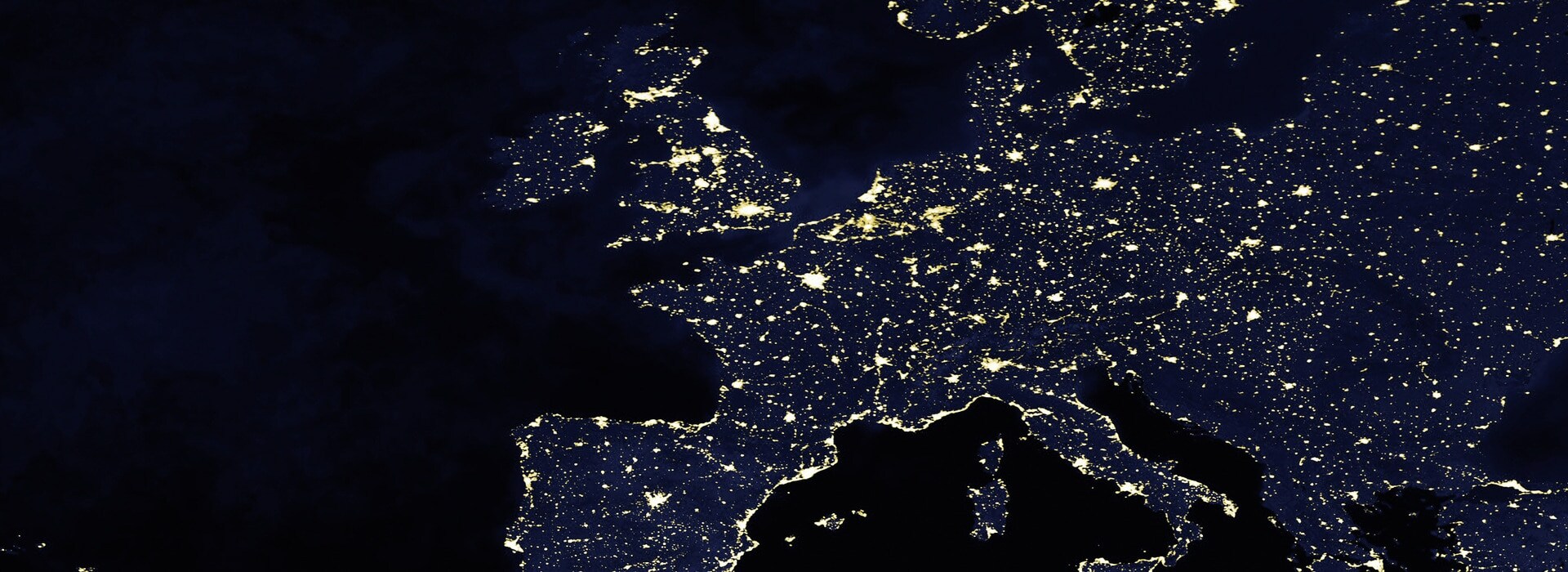
There is a real “step backwards” in many areas!
Old alliances are crumbling and multinational collaborations are having to readjust. Trade barriers, extra-territorial sanctions and technology embargoes are the result of a decoupling of supply chains initiated for political reasons, with the extremely challenging goal of restructuring them.
In terms of foreign trade, 30 years of hyperglobalisation are over!
Of course, the primacy of politics also applies to companies. However, it is often forgotten in the political sphere that structuring supply chains and organising them is extremely complex and the very task of the economy itself.
It is therefore dangerous if politicians, some of whom are inexperienced in business and have not been educated in the economy, become too involved in economic transformation processes.
The politically desired decoupling and intended restructuring of supply chains are already clearly displaying underestimated negative consequences for the global economy.
It is too late to decouple supply chains because the world is already too interconnected and intertwined!
European companies with global operations in particular are nevertheless advised not only to understand the geopolitical goals and activities of individual states and regions, but also to become actively involved in decision-making processes in the spirit of political responsibility.
Three aspects are mentioned time and again as political goals of decoupling and restructuring supply chains for Europe: firstly, protecting critical infrastructure, secondly, guaranteeing territorial-economic sovereignty and thirdly, safeguarding the population’s prosperity.
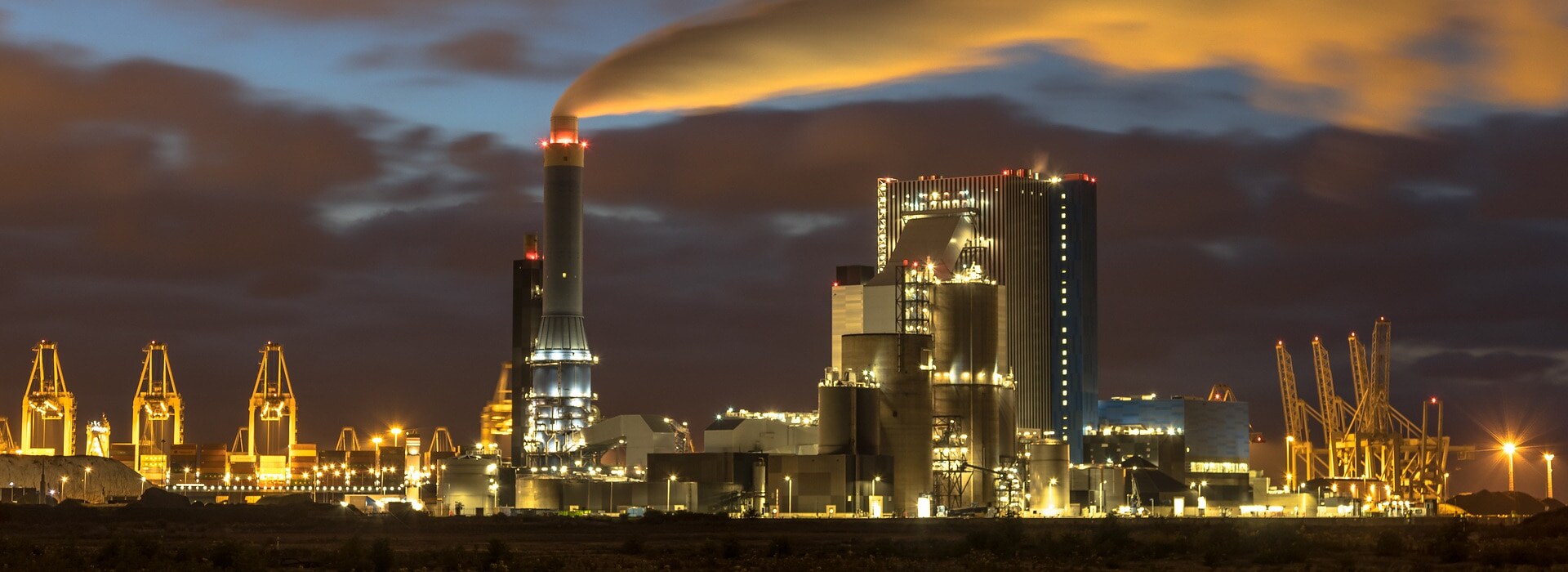
Protecting critical infrastructure
The resilience of Europe’s critical infrastructure has not only been put to the test by Russia’s invasion of Ukraine and the resulting energy crisis, but also by the coronavirus pandemic.
Subsequently, considerable shortcomings and gaps became apparent, for example in the supply of medical-pharmaceutical goods, which continue to this day.
These deficits in critical goods must be eliminated and gaps in procurement or in-house production closed!
Companies that serve critical infrastructure have a very special responsibility to structure their own value chains in such a way that they are not susceptible to disruptions or at risk of failure.
With this in mind, many industrial companies have already begun to review their make-or-buy strategies in the pandemic period.
In this context, the future meaningful depth of value creation in individual regions and countries will be redefined.
Important components for products, systems and solutions that serve critical infrastructure will therefore certainly be increasingly manufactured in-house in the future. This strengthens the resilience of critical infrastructure.

In addition, the dependence on individual suppliers will be reduced even further through increased multiple sourcing and also diversified regionally.
Smart companies already rely on modern AI technologies. They use artificial intelligence to automatically identify relevant developments, including those of a geopolitical nature, along the supply chain in real time and to initiate targeted countermeasures early on.
This is certainly not an exhaustive list of the measures that are already being implemented at the microeconomic level in many companies. But the measures mentioned all have a common goal:
To build resilience and secure critical infrastructure!
However, this requires additional and structured political support:
Regulatory incentives need to be created in order for Europe to diversify its sources of energy supply, for example.
However, Europe has some catching up to do in more than just energy procurement!
Energy prices in Europe will remain at a very high level in the medium term. The relief packages of the EU member state governments to date, as well as the respective gas and electricity price brakes, are already eating up hundreds of billions of euros. These political measures are certainly necessary at the moment, but they put a burden on state budgets or are even partly managed outside the budgets. But above all, the financial resources tied up in this way are lacking to make critical infrastructure in Europe fit for the future. There is too much short-term thinking. One way out of the dilemma is to better incentivise measures to reduce energy demand.
Saving energy is the order of the day!
This will not only strengthen the resilience of our economies in Europe and slow down climate change. It also frees up financial resources that are needed for the strategic conversion and expansion of our critical infrastructure.
The energy transition must be supplemented and accelerated by significantly increased energy efficiency measures!
However, newly emerging and often forgotten dependencies on raw materials for the expansion of renewable energy sources must be taken into account.
It is important to also drive Europe’s chip industry forward on the path into the digital age and to reduce the glaring dependencies on Taiwan. About 77% of chips produced worldwide come from there.
Any worsening of the Taiwan conflict could have dramatic repercussions and would ultimately destabilise the already fragile European economy!
Just as companies critically review their make-or-buy strategies, it should be determined on an EU level in terms of geo-economics which goods are indispensable to serve critical infrastructure. The question must then be asked whether these goods have to be produced efficiently in one’s own region or imported.
When selecting import countries as sources of supply, the supplier risk must be diversified!
Territorial-economic sovereignty can only be better guaranteed with functioning critical infrastructure.
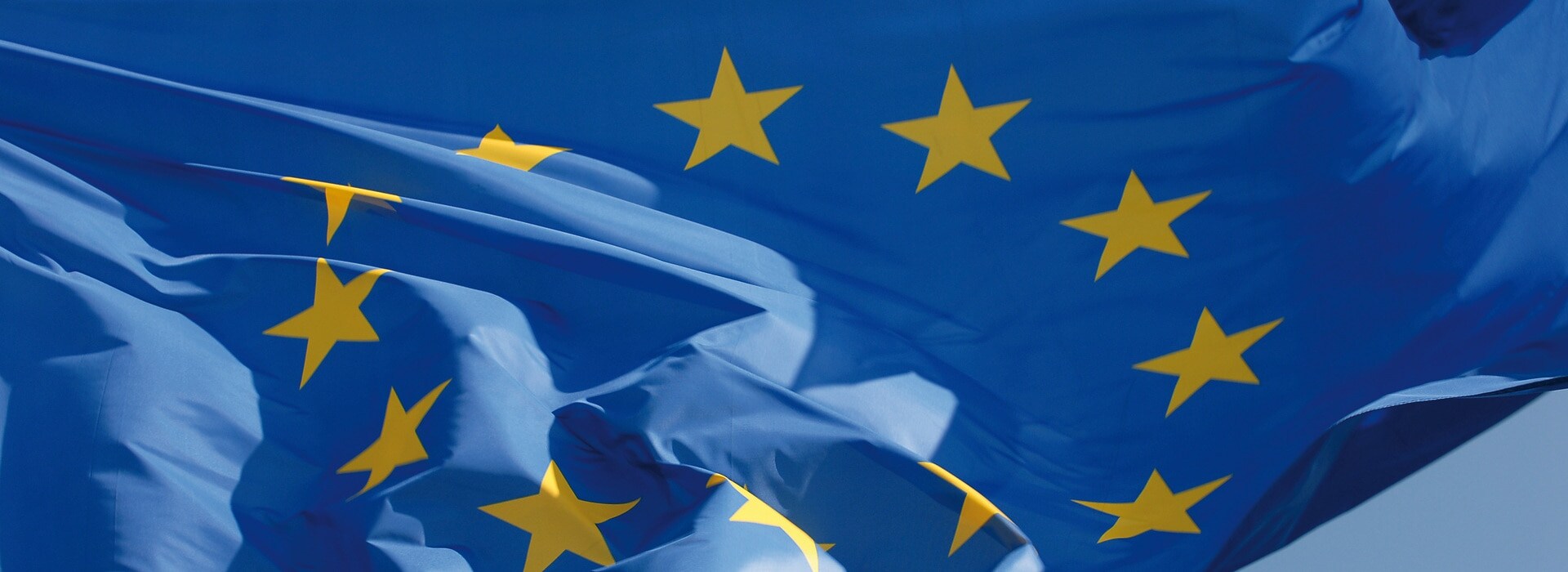
Guarantee of territorial-economic sovereignty
What is clear to any entrepreneur with an eye on the future has yet to gain acceptance at the political level:
The leaders of the EU executive and the governments of its member states should develop a geopolitical strategy as soon as possible.
A geo-economic strategy must be derived from a geopolitical strategy!
Globally active companies ultimately also derive their functional strategies, such as procurement, production and distribution strategies, from an overarching corporate strategy, which is ideally developed on the basis of long-term megatrends.
If the primacy of politics over economics is to have credibility, then this geostrategic work must now be done quickly, especially in Brussels and Berlin.
Otherwise, the goal of better securing Europe’s territorial-economic sovereignty is nothing more than a political platitude!
The European economy in particular, with its closely intertwined global value chains, needs reliable geo-economic guidelines for its restructuring. After all, we are not only witnessing a historical and political turning point, but also a geo-economic one.
In order to better guarantee territorial-economic sovereignty in Europe, it is no longer sufficient at the political level to simply visit a large number of other countries with delegations and economic representatives.
Comprehensive bilateral and regional trade agreements as well as new alliances must now be concluded swiftly!
These days, the question is often raised as to what the China strategy or the Qatar strategy of the German government and the EU Commission looks like. Furthermore, it remains to be seen how to deal with obvious contradictions in political action and moral dilemmas.
This specific consideration of relations with individual states unfortunately comes too soon because the fundamental and general geostrategic work at the political level in Europe is still in its infancy at best.
It would therefore be a question of “putting the cart before the horse”.
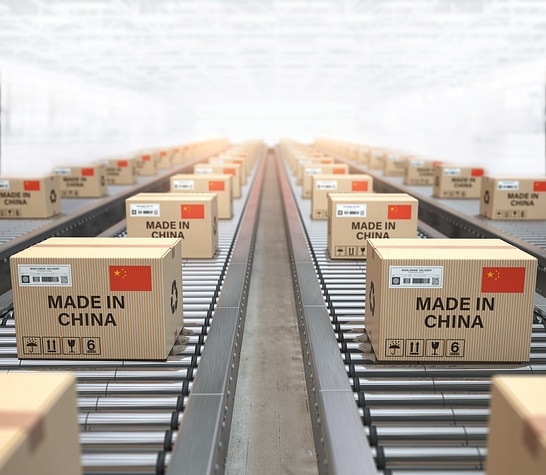
The global power struggle between the USA, Russia and China is the central geopolitical conflict with huge geo-economic consequences!
The states in between, the so-called “sandwich states” in Europe and the Indo-Pacific, must now re-evaluate not only their political but also their economic opportunities and risks in this conflict. An additional goal must be to better guarantee Europe’s territorial-economic sovereignty in the future.
This in the knowledge that there is not and cannot be complete “end-to-end” independence of economies with complex systems.
Especially when it comes to the supply of raw materials, import substitution has its limits in mature markets and regions.
However, the European economy is dependent on a secure and diversified supply of raw materials!
The starting point of any value chain is access to natural resources and raw materials. This is the only way to ensure further processing into products, systems and solutions in Europe. Only in this way can critical infrastructure be served as the basis for territorial-economic sovereignty.
It is therefore necessary to classify essential raw materials as “strategic” and “geo-economically important” for Europe!
The availability risk must then be classified.
On this basis, a diversified European procurement strategy must be developed which, on the one hand, combines the purchasing volumes of the member states in order to reduce costs.
On the other hand, consideration must be given as to whether lifting from domestic raw material sources cannot be part of reducing import dependencies on risk countries.

Securing the population’s prosperity
However, multinational structures and processes are and remain essential for efficient and sensible economic and social activity in Europe.
Although Europe can certainly do more, it simply cannot do everything itself regionally and even less so nationally!
Those economies with the largest volumes in foreign trade, expressed in exports and imports of goods and services, have the most wealth to lose in the context of politically desirable decoupling processes.
Here, the EU and its member states, especially Germany, are out in front among the potential losers due to their international interdependencies.
On the business side, protectionism and isolationist tendencies of individual states and regions have the strongest negative impact on those economic players that are integrated into globally functioning value chains.
This includes a large number of European companies.
Trade barriers, exclusion, sanctions and tearing down bridges have never once generated added value in the history of the world!
From a scientific point of view and in the context of intended changes in the behaviour of political players, sanctions only have a limited effect. In autocracies, moreover, they are many reasons why they are not effective.
They often cement the existing political systems of rule in the sanctioned country and do not bring about “regime change”, i.e. change in the power structures.
However, it is indisputable that widely implemented multinational sanctions, legitimised for example by a UN mandate, are much more effective than national or regional solo efforts.
In the absence of such global legitimacy, the economies of sanctioning states and regions lose market share to those of non-sanctioning states and regions.
The sanctioning states and regions then suffer losses in prosperity from a global perspective!
This effect can be observed worldwide, especially when implementing and observing the effectiveness of Russian sanctions.
The final declaration of the heads of state and government at the recent G20 summit in Indonesia, for example, took a step towards isolating Russia diplomatically and in terms of foreign policy, as the paper states: “Most members strongly condemned the Russian war”.
However, there is no list of the members of the G20 who condemned Russian aggression and as such it is unclear which members failed to do so.
However, if one takes a sober look at the long list of countries (such as Argentina, Brazil, China, India, Indonesia, Israel, Mexico, Malaysia, Oman, Peru, Thailand, Turkey, Serbia, Saudi Arabia, South Africa, Uruguay, the United Arab Emirates, Vietnam etc.) that have still not imposed economic sanctions, Russia’s isolation in terms of foreign trade and geoeconomics is by no means assured.

The sanctioning states may end up harming themselves more than politically desirable!
Politicians, together with their citizens, must weigh up the high price a country is willing to pay for the imposition of sanctions against other states.
The relief packages I-III adopted in Germany, amounting to about 135 billion euros, will place a heavy burden on the national budget in 2022-2024. According to the Ifo Institute, this amounts to 3.8 percent of total economic output in 2021.
It is contrary to transparency and clarity in language that in Germany, for example, 100 billion euros for the rearmament of the Bundeswehr is declared as “special assets” and not as “special expenditure”.
The Federal Audit Office is not the only one to complain that the planned financing of the 200 billion euros to cap energy prices as a “defensive shield” by the Economic Stabilisation Fund is problematic. This approach would increase the already existing lack of transparency of the federal budget.
Some call the 200-billion-euro credit authorisation more of a “war bond”.
However, citizens need a high degree of transparency, whether in terms of ethical and moral considerations and the security and defence policy dimension, or in terms of the impact on their own jobs and wallets.
Because one thing is certain:
The political system of any country or region is only as stable as the economic conditions allow!
If the economy goes downhill over a long period of time, the accompanying loss of wealth and lack of positive future prospects potentially lead to social shifts.
Social cohesion could be seriously jeopardised!
This is already evident in Europe in that right-wing populist parties are gaining ground and the number of non-voters has risen dramatically, not only in Poland and Hungary, but also in the recent important parliamentary elections in Sweden and Italy.
So before Europe’s political elite divides the world up into “good” or “bad”, it should prevent decoupling from destroying Europe’s economic base and causing a spectacular loss of prosperity.
Policy-makers should ensure that Europe does not end up decoupling itself, rather than others, economically from the rest of the world.
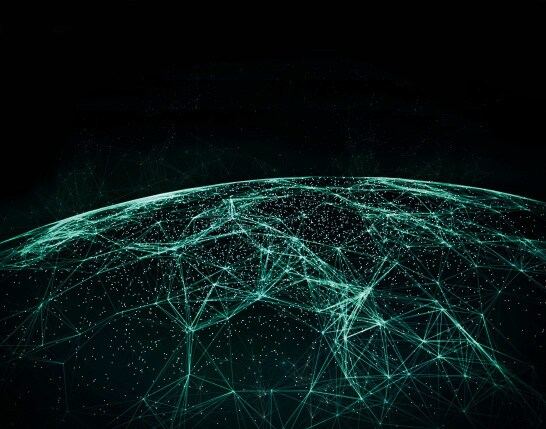
Decoupling could even, in the worst case scenario, put a country’s own “value-oriented” democratic system at risk!
To prevent this from happening, the EU should build bridges on a geostrategic basis instead of tearing them down.
The German government too should not always define the current cooperation with some important states and regions only in terms of existing risks and only highlight negative aspects.
It should also not downsize the workforce of the German Chambers of Commerce Abroad (AHK) in partner countries and develop fewer papers that essentially recommend that German business turn away from partner countries.
Such (lack of) partnership does not make Europe more attractive in the “courting” of new alliances.
We need a positive agenda. Because the world is not waiting for Europe and therefore the credo can only be:
Yes to diversification! No to decoupling!







